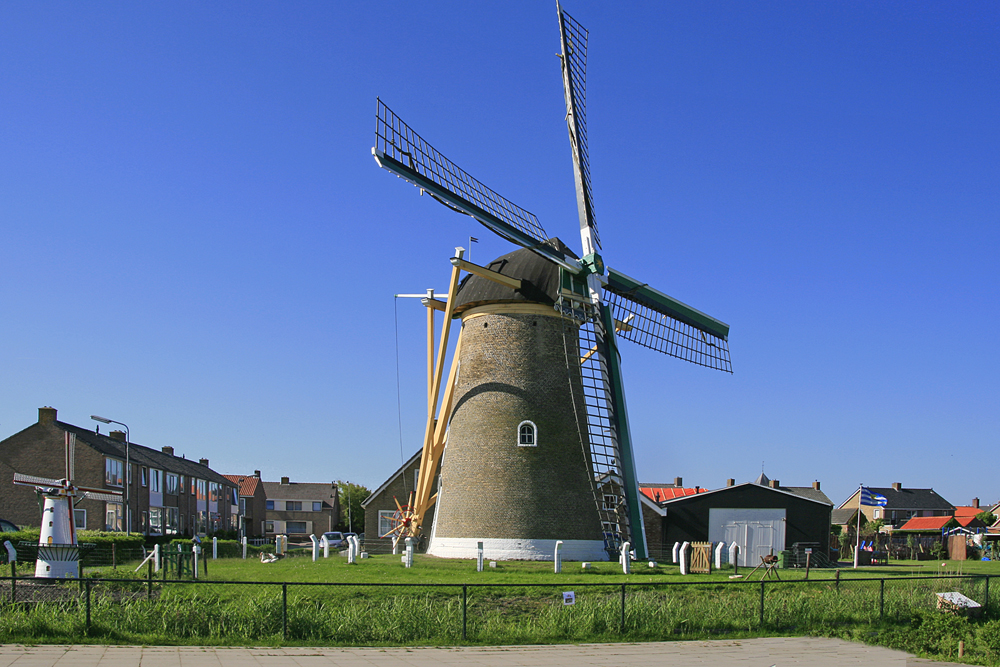Thanks Paul, painting them soon...they kind of look like mini turbines.
Cheers,
Richard
Cheers,
Richard
 People tend to associate the word “turbine” with something like this:
People tend to associate the word “turbine” with something like this:



 It’s driven by airflow resulting from the aircraft’s speed, in the same way a windmill is turned by air blowing past it on its own accord.
It’s driven by airflow resulting from the aircraft’s speed, in the same way a windmill is turned by air blowing past it on its own accord. The word just means it’s used to drive something, whereas “propeller” means it’s used to move something forward. In both cases (turbines/impellers and propellers), the blades are usually airfoils,* like an aircraft’s wings. In the case of an impeller, the air (or water or hydraulic oil or whatever) flowing past the blades causes them to move, turning the shaft; in case of a propeller, an engine turns the axle that the propeller is on, causing it to move through the air and pull itself forward just like a wing lifts the aircraft up.
The word just means it’s used to drive something, whereas “propeller” means it’s used to move something forward. In both cases (turbines/impellers and propellers), the blades are usually airfoils,* like an aircraft’s wings. In the case of an impeller, the air (or water or hydraulic oil or whatever) flowing past the blades causes them to move, turning the shaft; in case of a propeller, an engine turns the axle that the propeller is on, causing it to move through the air and pull itself forward just like a wing lifts the aircraft up. R version: you were exactly right in thinking the thing at the front is a turbine
R version: you were exactly right in thinking the thing at the front is a turbine 

Comment